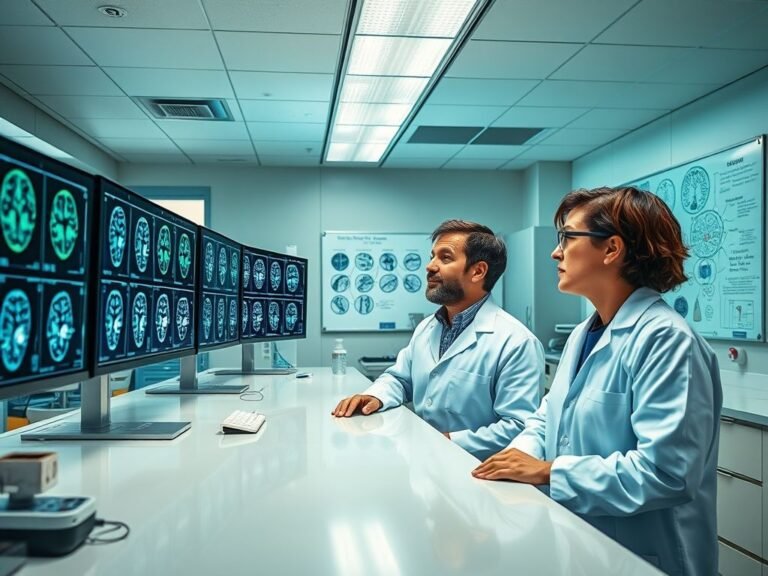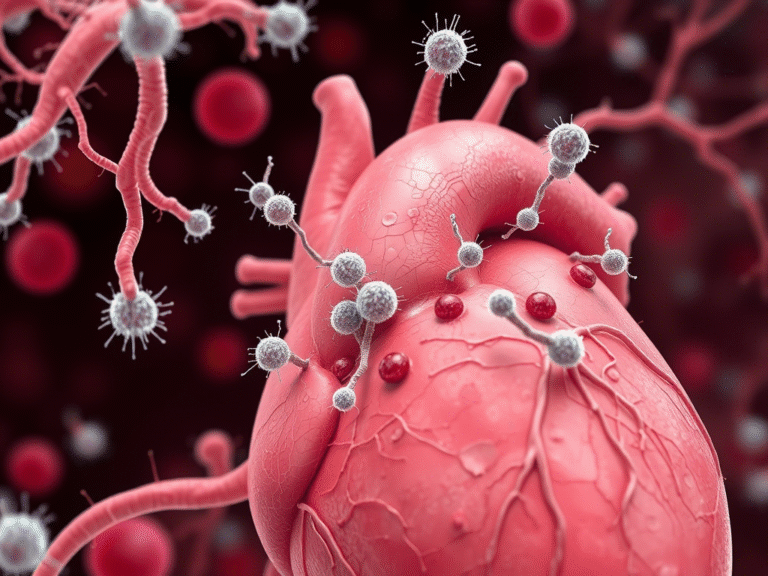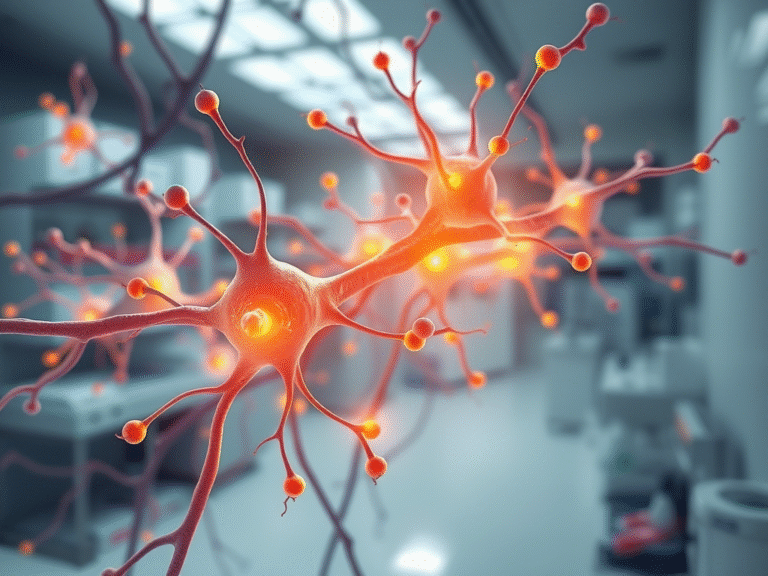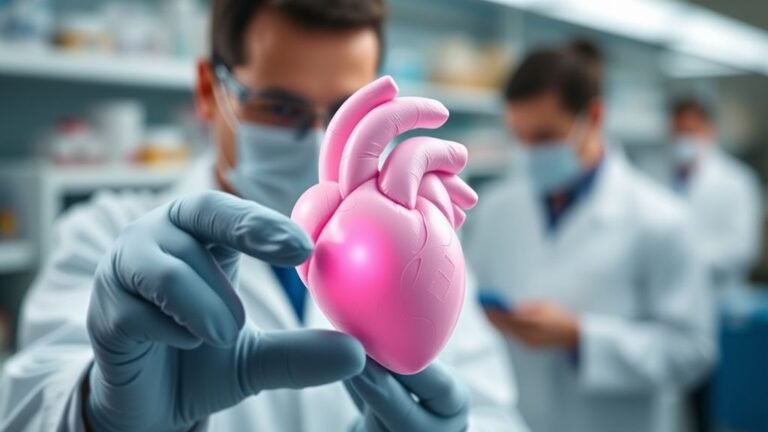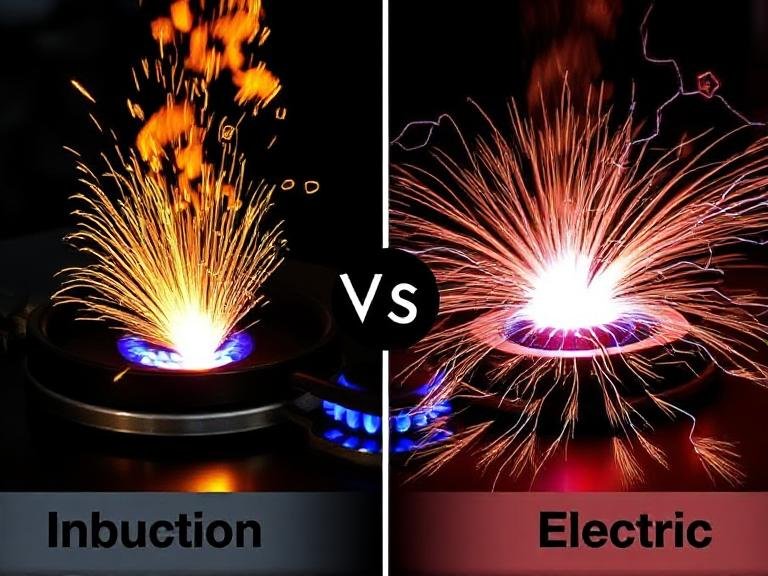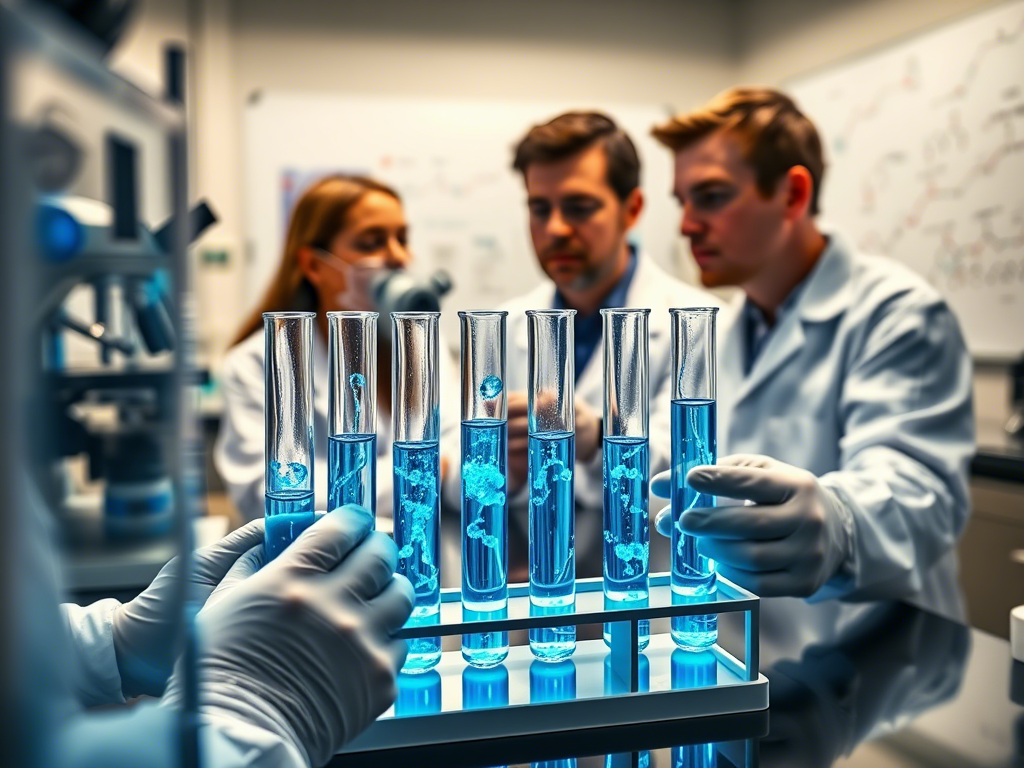
Could Your Blood Hold the Key to Slowing Aging? New Research Says Yes
In a discovery that could reshape the future of skincare and anti-aging research, scientists have identified three naturally occurring molecules with powerful anti-aging properties . These compounds are produced by a bacterium called Paracoccus sanguinis , which lives in the human bloodstream.
Preliminary tests show these molecules help reduce inflammation and signs of aging in human skin cells — suggesting that the secret to youthful skin may not lie in expensive creams or serums, but inside our own bodies.
The findings were recently published in the Journal of Natural Products , a publication supported by the American Chemical Society and the American Society of Pharmacognosy.
What Are These Molecules?
The newly discovered compounds belong to a family of chemicals known as indole metabolites , which are well-known for their anti-inflammatory, antimicrobial, and anti-aging properties . Among the 12 indoles isolated from Paracoccus sanguinis , three — including two newly identified ones — showed significant potential in reducing cellular damage linked to aging.
How Were They Discovered?
Led by Dr. Chung Sub Kim and researcher Sullim Lee , the team cultured large quantities of P. sanguinis over several days and extracted its metabolic byproducts.
Using advanced techniques such as mass spectrometry, isotope labeling, and computational modeling , they successfully identified the chemical structures of 12 indole metabolites — six of which had never been documented before.
Testing Their Anti-Aging Effects
To assess the impact of these molecules on aging skin, researchers applied each indole compound to cultures of human skin cells previously exposed to high levels of reactive oxygen species (ROS) — molecules responsible for oxidative stress, inflammation, and collagen breakdown.
Out of the 12 tested:
- Three compounds significantly reduced ROS levels
- All three also lowered the production of inflammatory proteins
- One enzyme known to degrade collagen was notably suppressed
These results suggest that these indole metabolites may play a key role in protecting skin cells from age-related damage.
Why This Matters
While most microbiome research has focused on gut bacteria, blood-derived microbes remain an underexplored frontier . The discovery of beneficial compounds like these indoles challenges traditional views of the bloodstream as a sterile environment.
This breakthrough could pave the way for:
- New, natural skincare treatments based on the human microbiome
- Reduced reliance on synthetic anti-aging ingredients
- Innovative approaches to slowing cellular aging from within
Dr. Kim explained:
“Our long-term goal is to develop safer, more effective anti-aging solutions using compounds derived from the human body. This discovery is an important step toward that vision.”
Looking Ahead
Although this research is still in early stages, these findings open exciting possibilities for future applications in dermatology and regenerative medicine.
If confirmed through further studies — including animal and clinical trials — these bacterial metabolites could become the foundation for a new generation of biologically inspired anti-aging therapies .
Full Reference
-
- Title: “Discovery and Biosynthesis of Indole-Functionalized Metabolites from the Human Blood Bacterium, Paracoccus sanguinis, and Their Anti-Skin Aging Activity”
- Published in: Journal of Natural Products , May 2, 2025
Funding sources:
- National Research Foundation of Korea
- BK21 FOUR Project
- National Supercomputing Center (Korea)

